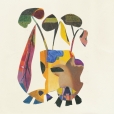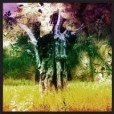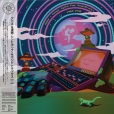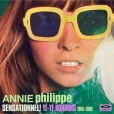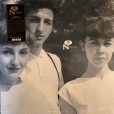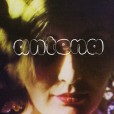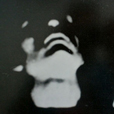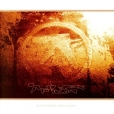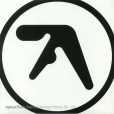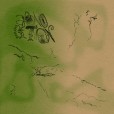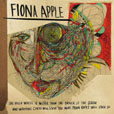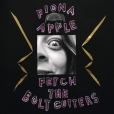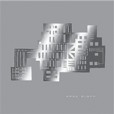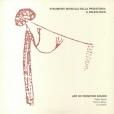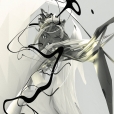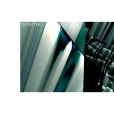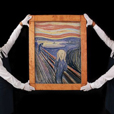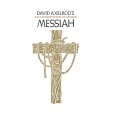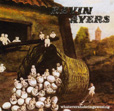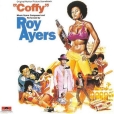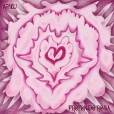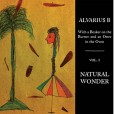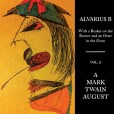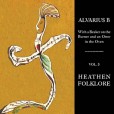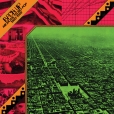Your basket is empty

‘Their first collaborative recording: four beautifully recorded excursions, threading crystalline drum-work through a sparkling haze of guitars and electronics.
‘The opener Dessus begins with Reidy’s distinctive just-intonation guitar figures, shimmering over a delicate substratum of Befli’s brushwork and bass drum accents. As in all of Reidy’s recent work, the guitarism evades cliché via unfamiliar tuning and electronic processing. Hanging almost inaudibly in the background for much of the piece, a rush of synthetic tones surges into the foreground to end it. Oben is built from kinetic patterns of picked guitar arpeggios, locking into irregular grooves with Belfi’s drums, which move from elegant rolls and cymbal patter to driving closed hi-hats and explosive rock interjections. Around the traditional instruments and across the stereo field, electronic sounds swarm and swirl, fizzing and popping in a sun-drenched soundscape that at points suggests both vintage analogue synth destruction and glitching harmonies. Alto begins in similar territory but turns proceedings up a notch, eventually settling into a propulsive 6/8 groove of shifting drum accents, manically strummed 12 string acoustic, and burbling synth chords.
‘The B side is dedicated to the fifteen-minute Up, where the strategies adopted on the other pieces are put in the service of a more relaxed, slowly unfolding epic. Anchored by a steady pulse throughout, the piece combines chiming guitars, dubbed-out bass lines and constantly adjusted percussive details into a complex flux of sound. Change is at once so subtle and so ever-present that, at any given moment, the listener can never be entirely sure quite how they got there.’
French-Belgian electro-samba, cornered. A mini-LP on the Brussels label, Les Disques Du Crepuscule, from 1982; augmented here by the first Antena EP, a few B-sides, compilation tracks, and unreleased cuts.
Loco, lo-fi garage and psych, 1966-7, put together by the people behind the excellent Six Feet Under compilation.
Superb fourth album, bare but sparkling, steeped in her vaudevillian take on Americana, rawly confessional and beautifully voiced as ever — a mid-thirties heartful of fierce discontent.
From 1971, contemporary settings of Handel, illuminated by psychedelic guitar, flute and electric piano, and a break-happy, funky rhythm section. Carol Kaye plays bass; Cannonball Adderley conducts the 38-piece orchestra (fresh from his own Black Messiah sessions). The gospelised choral sections carry the swing, as seems right.
‘There’s a playfulness at the heart of Profondo Rosa that’s immediately charming, with a sense of scale and spatialisation in the sounds being toyed with, exploring the strange pleasures and satisfaction in her approach to delightful and fresh feeling sound design. Argentinian composer Aylu is known to be as likely to deploy the sound of a finger click, a fizzy drink being cracked open, or a fly buzzing past the ear, as she is drawn to sampling gorgeous strings or instrumentation. Her debut album for Mana constantly builds
territories that tug at your heartstrings and then have you grinning five seconds later. This versatility and acceleration has often resulted in her music being compared to Footwork…
These compositions give off an air of being very free, very experimental, despite being meticulously artful and studied arrangements on precise and nimble coordinates.’
